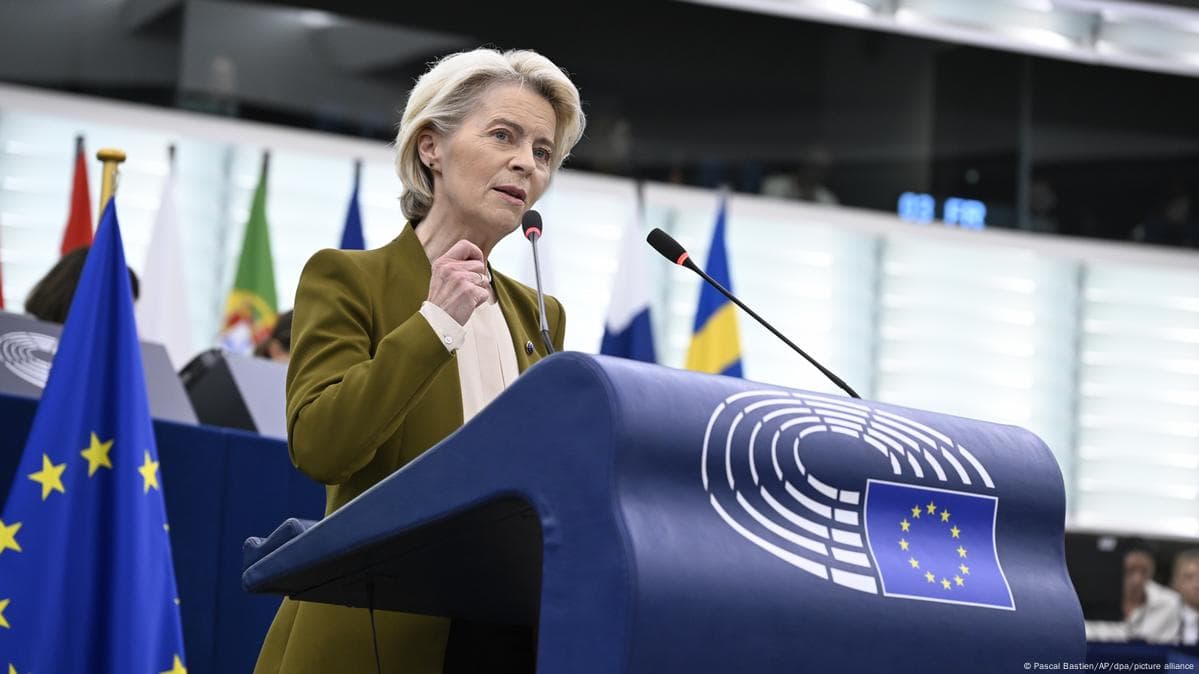We're loading the full news article for you. This includes the article content, images, author information, and related articles.
The European Union has temporarily halted discussions on sanctions against Israel, a move drawing criticism from former officials, as international efforts focus on solidifying a fragile ceasefire in Gaza.

The European Union has paused discussions on potential sanctions against Israel, including the suspension of a preferential trade pact, citing a changed context amid ongoing efforts to secure a fragile ceasefire in Gaza. This decision, announced by EU foreign policy chief Kaja Kallas on Monday, October 20, 2025, has drawn criticism from former senior EU officials who argue it overlooks legal accountability.
Following a meeting with EU foreign ministers, Kallas stated that while measures to suspend preferential trade with Israel and impose sanctions on individuals deemed responsible for fueling the conflict were not being advanced, they were also not being taken off the table. She acknowledged "divergent views" among ministers but emphasised the fragility of the current situation as the reason for the pause.
The consideration of sanctions stemmed from the EU's conclusion in June 2025 that Israel had breached human rights obligations under their association agreement, which governs trade and cooperation. Furthermore, legal experts suggest the EU is bound to ensure its policy aligns with a non-binding opinion from the International Court of Justice (ICJ) in 2024, which called for Israel to end its occupation of Palestinian territories as soon as possible.
Sven Kühn von Burgsdorff, a former EU representative to the Palestinian territories, criticised the decision, telling The Guardian that Kallas "missed the point" on legal accountability. He emphasised that restrictive measures are tools the EU employs to address breaches of both European and international law. Burgsdorff was also a co-organiser of a statement signed by 414 former senior diplomats and officials last week, urging robust EU action against "spoilers and extremists on both sides" whose actions jeopardise the establishment of a future Palestinian state.
The pause in sanctions discussions could be interpreted in various ways by different parties. While proponents might argue it provides diplomatic space for peace efforts, critics contend it could undermine the EU's commitment to human rights and international law. The decision highlights the complex interplay between geopolitical considerations and legal obligations in international diplomacy.
The situation remains fluid, with the EU's stance subject to further developments in the Middle East peace process. Observers will be keenly watching for any shifts in the ceasefire's stability and the broader diplomatic landscape, which could influence the EU's future actions regarding sanctions.
Keep the conversation in one place—threads here stay linked to the story and in the forums.
Sign in to start a discussion
Start a conversation about this story and keep it linked here.
Other hot threads
E-sports and Gaming Community in Kenya
Active 9 months ago
The Role of Technology in Modern Agriculture (AgriTech)
Active 9 months ago
Popular Recreational Activities Across Counties
Active 9 months ago
Investing in Youth Sports Development Programs
Active 9 months ago